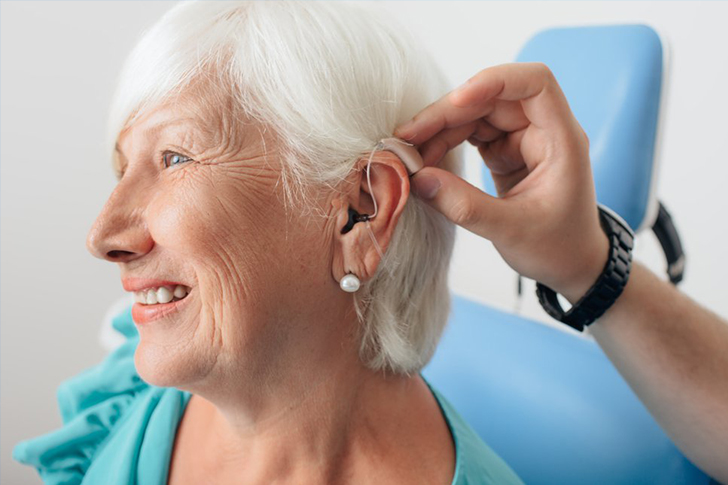How to Find Cheap Hearing Aids for Seniors: A Comprehensive Guide
Hearing loss is a common issue among the elderly, affecting approximately one-third of Americans aged 65 to 74 and nearly half of those over 75. Despite the importance of addressing hearing impairments, the cost of hearing aids can be prohibitively expensive, especially for those on a fixed income. The average price of a single hearing aid ranges from $1,000 to $4,000, and most individuals require two. This article provides practical tips and resources on how seniors can access affordable hearing aids.

Understanding the Types of Hearing Aids
Before diving into the ways to save money on hearing aids, it’s important to understand the different types available. There are several styles of hearing aids, including behind-the-ear (BTE), in-the-ear (ITE), in-the-canal (ITC), and completely-in-canal (CIC) models. Each type has its pros and cons, affecting comfort, visibility, and price. By understanding the specifics of each style, seniors can make a more informed decision based on their needs and budget.
Exploring Insurance and Medicare
One common misconception is that Medicare covers hearing aids. Unfortunately, original Medicare (Parts A and B) does not cover hearing aids or hearing exams. However, some Medicare Advantage plans (Part C) may provide additional benefits, including hearing aid coverage. It’s essential to compare plans during the annual enrollment period to find one that offers the best hearing aid benefits.
In addition to Medicare, some private insurance plans might offer partial coverage for hearing aids. It’s worth checking with your insurance provider to determine what is covered under your plan.
Utilizing Assistance Programs
Several nonprofit organizations and government programs can help seniors with the cost of hearing aids:
1. **National Institutes of Health (NIH)**: Through research grants, the NIH may offer opportunities for seniors to receive hearing aids as part of clinical trials.
2. **Hearing Loss Association of America (HLAA)**: HLAA provides resources and assistance to people with hearing loss, including information on affordable hearing aid options.
3. **State vocational rehabilitation programs**: These programs offer aid to seniors who need hearing aids to secure employment.
Considering Over-the-Counter (OTC) Hearing Aids
As of legislation passed in 2017, the FDA has been directed to create a category of over-the-counter hearing aids. These devices are expected to be a more affordable option for mild to moderate hearing loss. Although the full market rollout of OTC hearing aids has been slow, this change is promising for reducing costs and improving access.
Looking into Refurbished and Used Hearing Aids
Purchasing refurbished or used hearing aids can significantly reduce costs. Companies like Hearing Tracker offer databases of used and refurbished models at reduced prices. However, it’s important to ensure that these devices are properly fitted and come with a reliable warranty.
Advantages of Hearing Aid Banks and Loan Programs
Some local organizations and charities operate hearing aid banks where used hearing aids are donated, refurbished, and distributed to those in need at little or no cost. Additionally, some audiologists or specialist clinics may offer loan programs allowing individuals to use hearing aids for a set period.
Exploring Payment Plans and Financing Options
Many audiologists and hearing aid providers offer financing plans or payment options that make the cost more manageable over time. Some may offer a sliding scale fee based on income, making it easier for low-income seniors to afford the hearing care they need.
Leveraging Tax Deductions
For those who itemize their deductions, the IRS allows the deduction of medical expenses, including hearing aids, if the total medical expenses exceed 7.5% of adjusted gross income. Keeping detailed records and receipts can lead to significant savings during tax season.
Conclusion
While finding affordable hearing aids can seem daunting, multiple pathways can lead to significant savings and improved quality of life. By exploring state and local resources, considering new OTC models, and investigating financing and coverage options, seniors can find effective and affordable solutions for their hearing needs.







Recent Comments